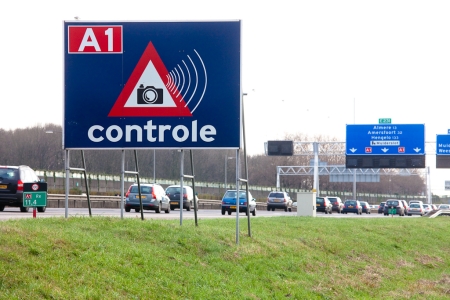Progressive penalty systems in traffic impose sanctions (educational measures, fines, punishments) of increasing severity each time an offence is repeated (see Figure 1). In brief: the more offences, the heavier or more far-reaching the penalty for later offences.
In the case of progressive penalties in the form of increasingly higher financial fines we generally speak of a progressive fines system. However, a progressive penalty system can also be in the form of a recidivism scheme or a demerit points system. In the latter system points are awarded for specific offences and an extra or a higher penalty is given when a certain number of points is reached.
The concept of progressive penalty system of sanctions is sometimes also used in a different way, namely as an income-related fine. The height of the fine is then tuned to the financial capacity of the offender. Income-related fines are used in Germany, Finland and Switzerland; this type of penalty is not used in Netherlands. This form of progressive fines is based on a different principle: it is related to income and not to risk behaviour and will therefore not be further discussed in this fact sheet.

